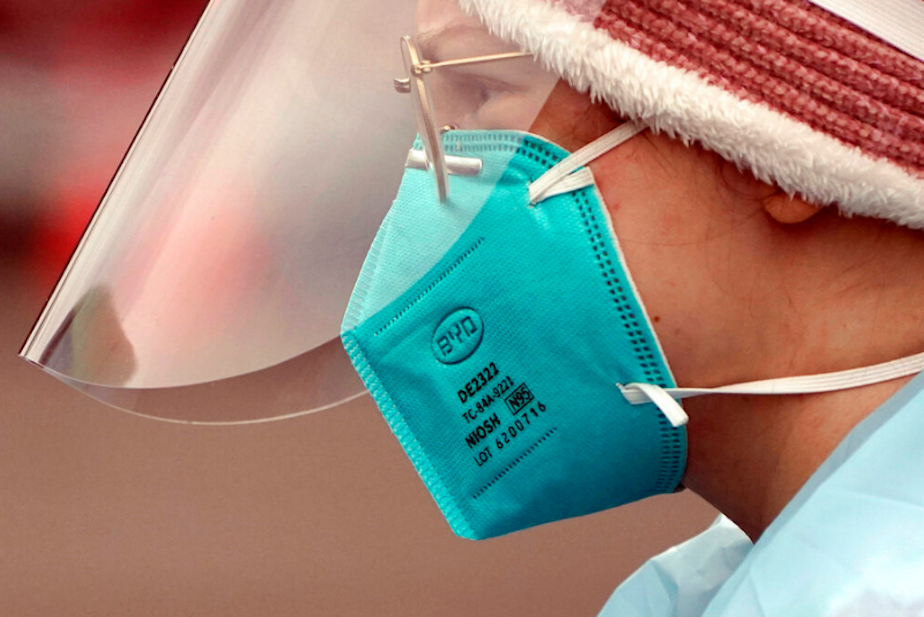Washington's lingering pandemic emergency orders are expiring

After more than two and a half years, the final lingering emergency declarations in Washington state are set to expire, marking a major milestone in the state’s pandemic battle.
RELATED: As Seattle’s Covid orders end, so will extra pay for food delivery drivers
RELATED: Emergency Covid orders are ending. Where does that leave renters and landlords?
Washington Governor Jay Inslee declared a state of emergency over the Covid pandemic in February 2020. There have been more than 80 emergency orders since then. The majority of such emergency orders have already expired, such as stay-at-home orders, business closures, or limits on gatherings.
A total of 10 orders are set to expire at the end of October. They include:
Sponsored
- Limits on K-12 educational activities and closures.
- Limits on in-person classes at colleges and universities.
- An order related to contact tracing.
- Travel restrictions for people flying into Washington state.
- An activation of the Washington State Comprehensive Emergency Management Plan.
- The state's vaccine mandate for health care and education workers.
- Inslee is also cancelling the overall state of emergency.
A federal vaccine mandate remains in effect for health care workers at facilities receiving federal funding. Also, employers can still require vaccines if they choose.
RELATED: Seattle is ending its Covid emergency Oct. 31
A new statewide mask mandate is unlikely at this point. The state secretary of health has the ability to adjust masking orders if needed. There are a few mask orders that remain in place beyond the expiration of emergency orders, like requiring face coverings in health care settings in areas with medium to high community Covid spread. Rules around this level of masking are expected to be updated in mid-November.
Gov. Inslee faced Republican pushback for keeping the orders in place as long as he did. Inslee’s response: Washington has the fifth-lowest death rate from Covid in the nation, according to CDC data in September 2022.
Sponsored
State Health Secretary Dr. Umair Shah says the fight to suppress Covid is still ongoing; The virus is with us and individual precautions remain crucial.
"Getting vaccinated with your flu vaccine, getting your booster for Covid-19. This is the time to order your Covid-19 tests. This is the time to be able to get ready for the winter season,” Shah said.
Despite the end of the official emergency, Covid-19 isn't gone and health officials are bracing for another potential surge in cases this winter.
Taya Briley with the Washington State Hospital Association is urging people to continue taking pandemic precautions this fall and winter. She notes that hospitals remain strained and the crisis isn't over for them.
“Most people aren't going to notice a marked change in their daily life because these orders are expiring,” Briley said. “But it is a symbolic milestone and it marks the beginning of a new phase in the state's pandemic response.”
Sponsored
“What I'm hearing from many people is the message that just because the emergency orders are expiring, it doesn't mean the pandemic is over and people shouldn't let their guard down completely just yet.”
Cases, hospitalizations, and deaths from Covid have mostly been trending down since July, but Covid activity remains prevalent in Washington and officials are expecting a potential surge in cases during the winter. There is also the potential for newer omicron variants to become dominant.
As we head into the colder months, state data shows that Covid-19 booster rates continue to lag.
According to Washington’s Department of Health, pandemic-related funding from FEMA will last through the end of the year. The department is seeking additional Covid funds through a few additional avenues regardless of the end of the emergency orders.

